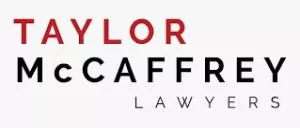THE QUESTION
I started a new job recently which had a three-month probation period. My employer extended the probation period by another three months because he said I wasn't performing as he expected. He's now wanting to extend the probation again by another three months. Is this legal? I feel like he's taking advantage of me, even though I've proven myself.
THE ANSWER
The purpose of probation is to allow an employer the opportunity to assess a newly hired employee's suitability for the job, without being obligated to provide notice of termination or pay instead of notice if the employee proves to be unsuitable.
The length of the probation varies by jurisdiction and is contained in each province or territory's employment standards legislation, or the Canada Labour Code for federally regulated employees. For example, in Manitoba, notice is required from the 30th day of employment, and in PEI it is owed after 6 months. Most jurisdictions provide for a three-month or 90-day period.
If you work past the end of the statutory probationary period, then you will be owed notice or pay instead of notice upon dismissal. Therefore, if you are in a province which provides for notice of termination or pay instead after 3 months of employment (such as Ontario or BC), you are entitled to that notice after 3 months, regardless of what your employer says about probation. So can your employer extend your probation past the end of the statutory probationary period? You may be called "probationary" by the employer, but you will have to be treated the same as a permanent employee for the purposes of dismissal.
If you are in a unionized workplace, consult your union or read your collective agreement, as the rules around probation may be different than the statutory minimum. Many provinces allow for a longer probationary period when it is specified in a collective agreement.
The content of this article is intended to provide a general guide to the subject matter. Specialist advice should be sought about your specific circumstances.

